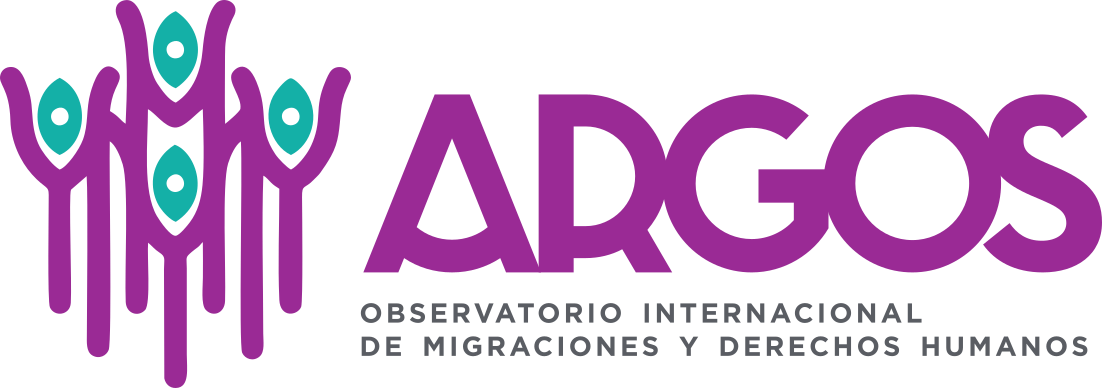ARGOS – International Observatory on Migration and Human Rights, expresses its great concern about the serious humanitarian situation faced by the territorial communities and migrant populations in the Colombian department of Arauca, a region historically affected by the internal armed conflict that the country has been experiencing for decades.
This territory is located in the Orinoco region, on the border with Venezuela, an area separated by 300 kilometers of the mighty Arauca River. It is a porous and hybrid border where citizens from both countries have integrated culturally, socially and economically over the years, as a result of a two-way migratory flow that ended up forming a cultural mestizaje. According to official data, in 2020, the population of this department reached 294,206 inhabitants (65.5% urban and 34.5% rural), of which 90,302 people (30.6%) have been recognized as victims of political violence[i].
With a multidimensional poverty index of 90.7% in rural areas and 54.8% in urban areas, the population of Arauca has had to face for weeks a serious social situation caused by the winter emergency: the department completes a month without water, energy and fuel, with collapsed road corridors, 100% occupation of beds in Intensive Care Units (ICU) for the treatment of COVID-19, internet connection problems, effects on trade (third line of the economy) and problems of shortages that have left thousands of victims in six of the seven municipalities that make up this area. The above panorama exposes the state’s abandonment of this region, which, paradoxically, is one of the most militarized in the country.
It is important to remember that in March there was intense fighting in the municipality of Paez (border state of Apure), in the sector of La Victoria. There, Colombian armed groups attacked the Venezuelan National Guard and planted anti-personnel mines in the territory in order to terrorize the civilian population and produce a forced abandonment of their homes, who circumstantially had to move to the Colombian locality of Arauquita to protect their lives. The U.S. intervention strategy of “Plan Colombia” continues to use Colombian soil as an operational base, which puts at risk the life and physical integrity of the communities that inhabit the border regions, especially in the Catatumbo region and the department of Arauca.
In light of these events, we respectfully call on the international community and the Colombian government to:
- Concentrate its efforts on addressing the humanitarian needs of territorial communities and migrant populations residing in border areas.
- Prioritize social investment in these localities and in the most vulnerable sectors.
- Comply with the implementation of the commitments established in the Final Peace Agreement, especially with regard to the measures to dismantle paramilitarism, the Integral Rural Reform (RRI), the Development Plans with a Territorial Approach (PDET) and the Integral Programs for the Substitution of Illicit Crops (PNIS).
[i] Source of the data: https://portalterritorial.dnp.gov.co/kpt/

